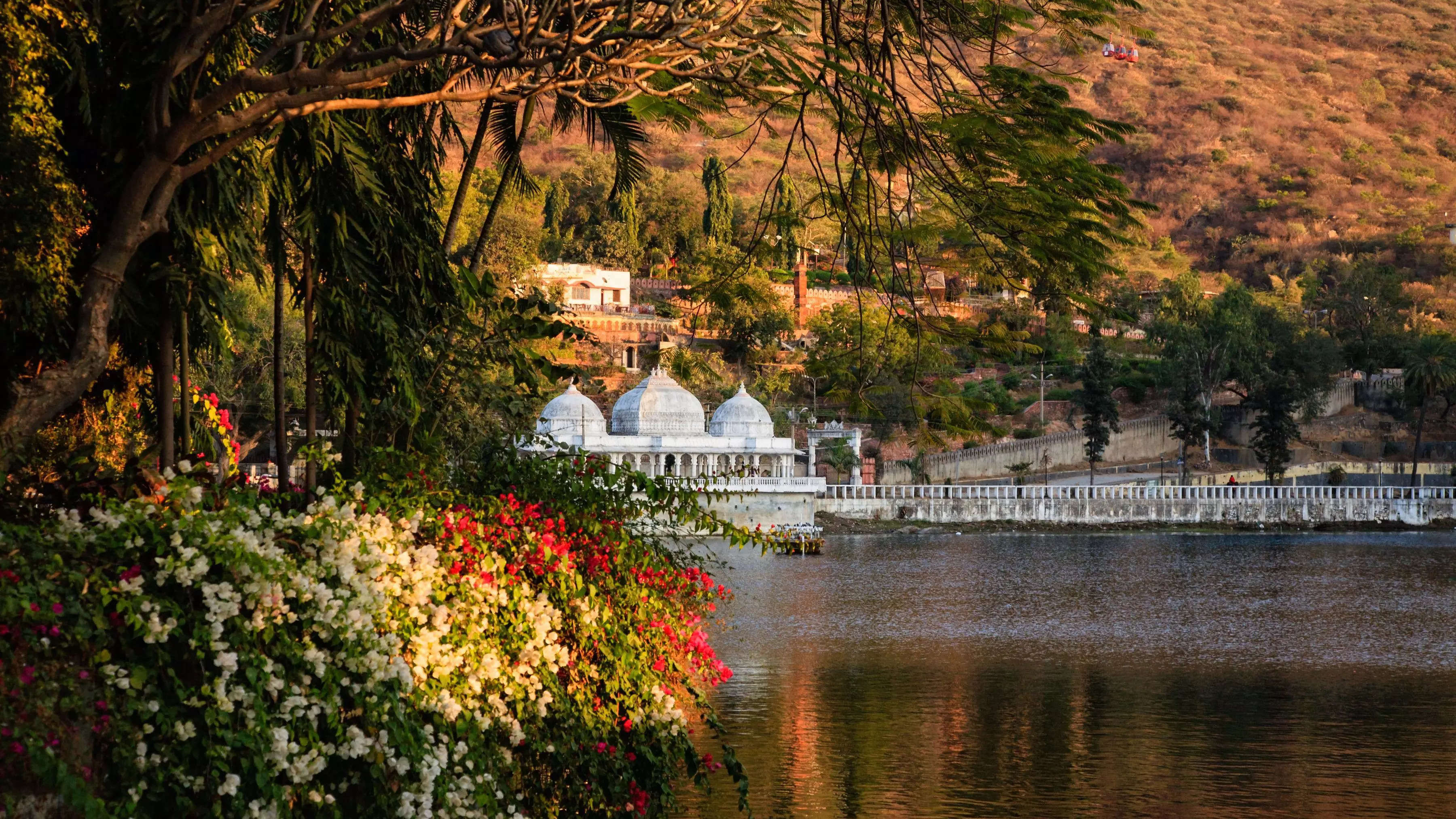Indore and Udaipur: India's First Ramsar Wetland Cities – A Double Celebration!
India is celebrating a remarkable achievement in environmental conservation! For the first time, two Indian cities, Indore and Udaipur, have earned prestigious international recognition by being accredited as Wetland Cities under the Ramsar Convention. This incredible feat reflects India's commitment to sustainable urban development without compromising ecological balance.
Indore and Udaipur: A Global Conservation Success Story
The Ramsar Convention, an intergovernmental treaty dedicated to wetland conservation, has added 31 new cities to its elite list of accredited Wetland Cities, with Indore and Udaipur leading the way for India. This brings the global total to an impressive 74 cities, highlighting the significance of these Indian cities' achievements. Union environment minister Bhupender Yadav hailed this “double joy,” emphasizing India’s holistic approach to urban development that respects ecological integrity. This victory is a significant milestone in the global conservation effort, demonstrating the power of sustainable urban planning that safeguards both natural resources and human populations. The success of Indore and Udaipur shows us what can be achieved with a proactive environmental strategy.
What Makes Indore and Udaipur Ramsar-worthy?
What specific actions led Indore and Udaipur to gain this coveted recognition? The criteria for Ramsar accreditation are rigorous and based on internationally recognized standards for sustainable wetland management and wise-use principles. The criteria are divided in six sections for holistic review and assesment.
Both cities impressed the independent Advisory Committee by successfully implementing measures for preserving their precious wetlands and the vital ecosystem services they provide. These services provide massive social and economic benefits for their respective populations.
Beyond the Awards: Protecting India's Natural Treasures
This accreditation is not simply an award; it is a responsibility. Both cities are now part of a global network committed to upholding the highest standards of wetland conservation. This ongoing commitment is crucial for preserving biodiversity, supporting local livelihoods, and ensuring water security for their future. This ongoing commitment requires constant vigilance against risks like urbanization and pollution.
It also presents unique opportunities: enhancing tourism and creating an impressive economic model that seamlessly combines development and environmental responsibility.
Bhopal's Near Miss: Lessons Learned and Future Efforts
Bhopal, while nominated alongside Indore and Udaipur, did not secure accreditation. Certain concerns voiced by community organizations over potential environmental damage to the city's Bhoj wetland hampered its application. This situation reminds us that the process needs public support to succeed and must have a wide coalition involved.
Community Action is Critical to Environmental Conservation
Concerns about proposed infrastructure projects threatening Bhoj wetland's ecosystem highlighted the need for consistent community engagement in the decision-making process. Citizens' reports to the Convention secretariat regarding environmental protection demonstrate the immense importance of grassroot participation for effective conservation outcomes. This serves as a cautionary tale: genuine environmental awareness amongst citizens is integral to urban development.
Bhopal’s near miss, though disappointing, will hopefully translate to improved management practices. Their experience emphasizes the need for continuous efforts toward environmental preservation, incorporating public voice in urban projects and showing local participation.
The Ramsar Convention: A Global Commitment to Wetland Conservation
The Ramsar Convention, adopted in 1971, serves as the cornerstone of international wetland protection. With 172 member countries, including India, it frames strategies for sustainable wetland use and resources. The convention emphasizes the crucial importance of wetlands as life-supporting ecosystems.
A Global Network of Wetland Cities
The program of Wetland City Accreditation promotes conservation strategies in urban and suburban regions to provide economic benefits and sustainable development for local communities.
This is more than a prestigious list, it's a community focused on supporting the environment. With China and France leading the way in terms of accredited cities, India’s achievement represents a growing commitment among the many countries globally committed to conserving urban and peri-urban wetlands.
Take Away Points
- Indore and Udaipur's accreditation as Ramsar Wetland Cities marks a significant achievement for India’s commitment to environmental conservation.
- This success underscores the potential for sustainable urban development without compromising ecological integrity.
- The accreditation is a powerful motivator towards better ecological management, ensuring the long-term protection and prosperity of India’s wetlands.
- Bhopal’s near-miss offers valuable lessons on community involvement and sustainable urban planning practices.
- The Ramsar Convention’s broader impact highlights a significant global shift towards embracing sustainable wetland conservation and integrated resource management strategies.









